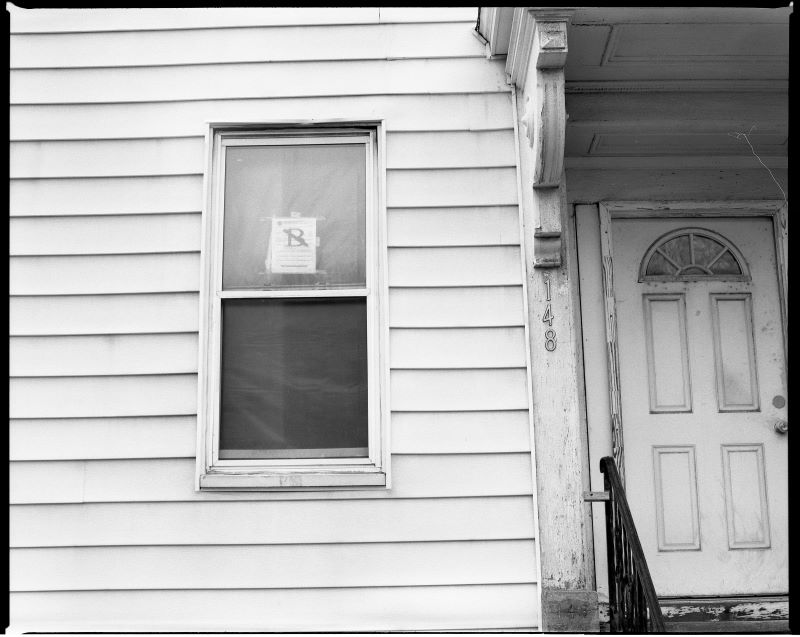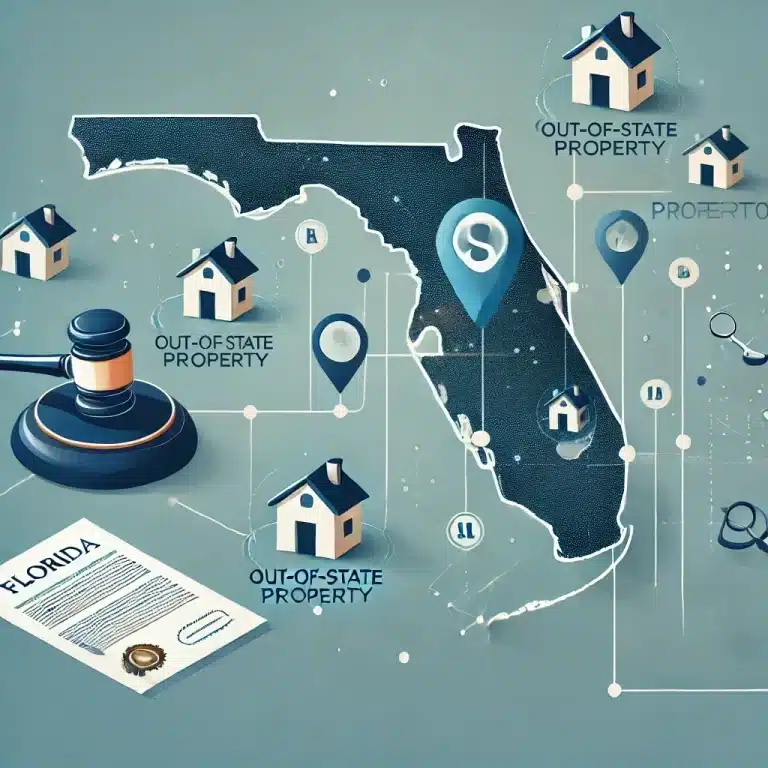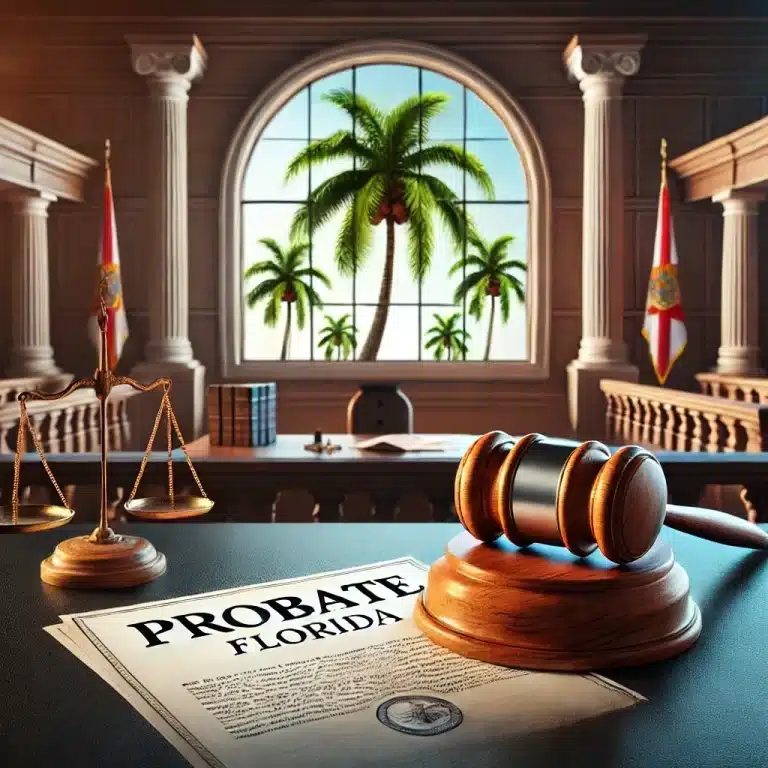The Importance of Opening a Probate Estate for Foreclosing on a Mortgage or Other Lien in Florida
Navigating the intricacies of Florida probate law is essential for creditors seeking to enforce their rights, particularly in matters of foreclosure and lien enforcement. In this regard, the case of Debrunes v. US Bank National Association holds particular significance, highlighting the requirement of opening a probate estate when seeking to foreclose on a lien within the state.
Understanding the Requirement:
Debrunes v. US Bank National Association underscores the critical requirement of opening a probate estate before initiating foreclosure proceedings on a lien in Florida. This legal precedent outlines the minimum requirements to obtain a judgement of foreclosure when a property owner has died.
Legal Precedents Clarified:
The court’s rulings in Debrunes v. US Bank National Association clarified the obligation for creditors to not only serve known and unknown heirs either directly or constructively, but also to serve the legal representative of the decedent, also known as a personal representative. The court further ruled that the use of an administrator ad litem and guardian ad litem would not be sufficient.
Impact on Creditor Practices:
The implications of Debrunes v. US Bank National Association extend to creditor practices, prompting a reevaluation of strategies when pursuing lien enforcement in Florida. Because lienholders must serve estate representatives, if there is not an existing probate case opened, they may need to open one themselves to have a personal representative appointed.
Filing a Petition with the Probate Court:
The first formal step in opening the debtor’s estate involves filing a petition with the probate court in the jurisdiction where the debtor resided at the time of their death, or if the property is in a different state, where the property is located. This petition should outline the creditor’s claim against the estate and the necessity of opening probate for debt collection purposes.
Appointment of Personal Representative:
Upon filing the petition, the probate court may appoint a personal representative, also known as an executor or administrator, to oversee the administration of the debtor’s estate. The personal representative is tasked with identifying and valuing assets, paying debts and taxes, and ultimately distributing assets to beneficiaries.
Probate Administration and Debt Collection:
Once the estate is opened, the probate process commences, involving various administrative tasks such as inventorying assets, notifying creditors, paying valid debts, and distributing assets according to the decedent’s will or state laws of intestacy. Creditors are typically paid in order of priority as determined by state law.
Consultation with Legal Counsel:
Seeking guidance from an attorney specializing in probate and estate law is essential for creditors embarking on the journey of opening a debtor’s estate. An experienced attorney can provide invaluable advice on the relevant legal procedures, timelines, and requirements, ensuring that creditors navigate the process effectively.
Future Considerations:
Looking ahead, the requirement established by Debrunes v. US Bank National Association will continue to shape creditor practices in lien enforcement matters within the Florida probate system. It is essential for creditors to remain vigilant, staying abreast of legal developments and procedural requirements to navigate the complexities of probate law effectively.
How We Can Help:
At Bart Scovill, PLC, we have successfully handled hundreds of probate estates. We can provide legal services and act as the personal representative in helping to enforce your mortgage and other lien rights against a decedent’s property. Contact us today to schedule a free consultation to discuss your options.
Contact Us For More Information

Or Call 941-365-2253 for a Free Consultation
NOTE: The use of the Internet or this form for communication with the firm does not establish an attorney-client relationship. Confidential or time-sensitive information should not be sent through this form.







